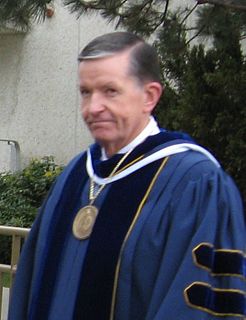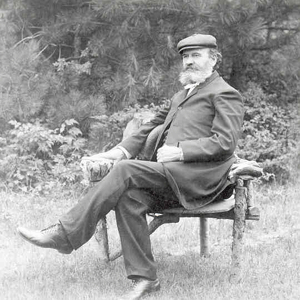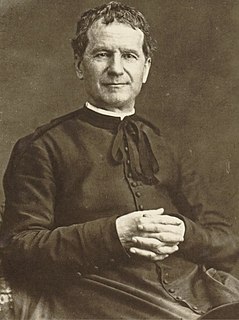A Quote by Neal A. Maxwell
God does not begin by asking us about our ability, but only about our availability, and if we then prove our dependability, he will increase our capability.
Related Quotes
When we begin to understand the magnitude of [the Messiah's] sacrifice and service to us individually and collectively, we then cannot consider anything else to be of more importance or to approach His significance in our lives. "For most of us, this understanding does not come all at once and likely will not be fully complete during our mortal sojourn. We do know, however, that as we learn line upon line, our appreciation for the Savior's contributions will increase and our knowledge and assurance of their truthfulness will grow.
There is nothing small about our God, and when we understand God we will find out that there ought not to be anything small about us. We must have an enlargement of our conception of God, then we will know that we have come to a place where all things are possible, for our God is an omnipotent God for impossible positions.
God is at the tip of our scalpels, our screwdrivers, our computer terminals, our dust rags, our vacuum cleaners, our pencils and pens. He is with us in our wheelchairs, or on our hospital beds, when all we can do is sit or lie flat. When we envision Him and His purpose in what we do, then we begin to grow aware of His presence in the middle of it. We are able to engage in our inward conversation with Him as we work, naturally, without strain. He becomes our partner, our collaborator.
There are two gods. The god our teachers teach us about, and the God who teaches us. The god about whom people usually talk, and the God who talks to us. The god we learn to fear, and the God who speaks to us of mercy. The god who is somewhere up on high, and the God who is here in our daily lives. The god who demands punishment, and the God who forgives us our trespasses. The god who threatens us with the torments of Hell, and the God who shows us the true path.
There are two gods. A god who casts us off because of our sins, and a God who calls to us with His love.
There is only one day that you and I have to live for, and that's today. There is nothing we can do about yesterday except repent, and there may be no tomorrow. The thing for us to do when we arise from our beds as God gives us a new day, is to take whatever comes to our hands, and do it to the best of our ability.
Health is God's great gift, and we must spend it entirely for Him. Our eyes should see only for God, our feet walk only for Him, our hands labor for Him alone; in short, our entire body should serve God while we still have the time. Then, when He shall take our health and we shall near our last day, our conscience will not reproach us for having misused it.
Christ, in short, asks us to give everything, all our false redemption in the lifeboat, all our false ideas about who God is, all our trust in something other than God to redeem us. In so doing, we die to our broken natures in exchange for His perfect nature, and find unification with Him that will allow God to see us as one.
Like Muslims we assume that God will judge us "on balance." If our good deeds outweigh our bad deeds, we will arrive safely in heaven. But, alas, if our evil deeds outweigh our good ones, we will suffer the wrath of God in hell. We may be "marred" by sin but in no wise devastated by it. We still have the ability to balance our sins with our own righteousness. This is the most monstrous lie of all.




































